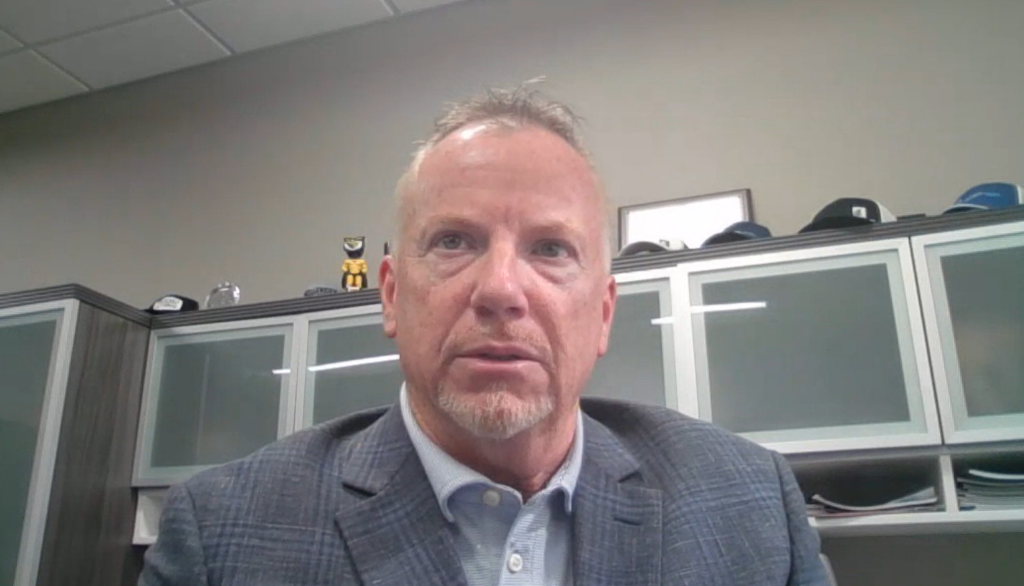Co-Ops Can Look to Counties for BEAD Match Requirement
Counties can alleviate match requirement through ARPA funds.
Teralyn Whipple

WASHINGTON, August 16, 2023 – Partnering with counties is an asset for electric co-operatives seeking capital for the matching requirement in the $42.5 billion Broadband Equity, Access and Deployment program, said an expert at a Where’s the Funding event Wednesday.
Darren Farnan, chief operating officer of rural electric co-op United Fiber, said counties can help co-ops with the matching piece required by the BEAD program with money from other federal funds. He said that Missouri counties used Capital Project Fund and Rural Digital Opportunity Fund money to help with the co-op’s American Rescue Plan Act application.
Counties have the same goal as co-ops to connect every address in their county to high-speed internet, said Farnan. He said that many counties will work with co-ops to help them in their applications for more federal funding.
“Getting counties involved early is extremely beneficial,” he said. He urged co-ops to build trust and partnerships with county officials. Widespread internet connection cannot happen without utilizing all the funding available to get networks to areas that would never have gotten it otherwise, said Farnan.
The BEAD program requires that subgrantees provide a 25 percent match. The Infrastructure, Investment and Jobs Act expressly provides that matching funds for the BEAD Program may come from funds that were provided to an Eligible Entity or a subgrantee for the purpose of deploying broadband service under the Families First Coronavirus Response Act, the CARES Act, the Consolidated Appropriations Act or the American Rescue Plan Act.
Additionally, electric co-ops entering into the broadband space can use community buildouts as a funding mechanism, said Farnan. He referred to community builds as networks that have 40 to 60 homes per mile rather than the 2 to 4 addresses per mile in extremely rural areas.
Community builds balance out our homes per mile, said Farnan, and can fund networks in extremely rural areas. This approach is unique to co-ops because they do not operate for profit and can use community builds to subsidize high-cost areas. Co-ops can also offset the cost of both electric and broadband builds by combining the processes and workforce in the company, he continued.
Electric co-ops have an advantage to traditional internet service providers in that they can guarantee financing a letter of credit because they are accustomed to long-term builds like fiber projects, said Farnan, saying that his co-op is in a “favorable position” to handle the requirements that come with the BEAD program. He added that banks are seeing success in co-ops providing broadband and are more willing to finance these programs.
A letter of credit is provided by a bank authorizing that it will refund 25 percent of the project grants to the federal government in the event of a project default. Many experts claim that this requirement will prohibit the ability of many ISPs from participating in the BEAD program.








Member discussion